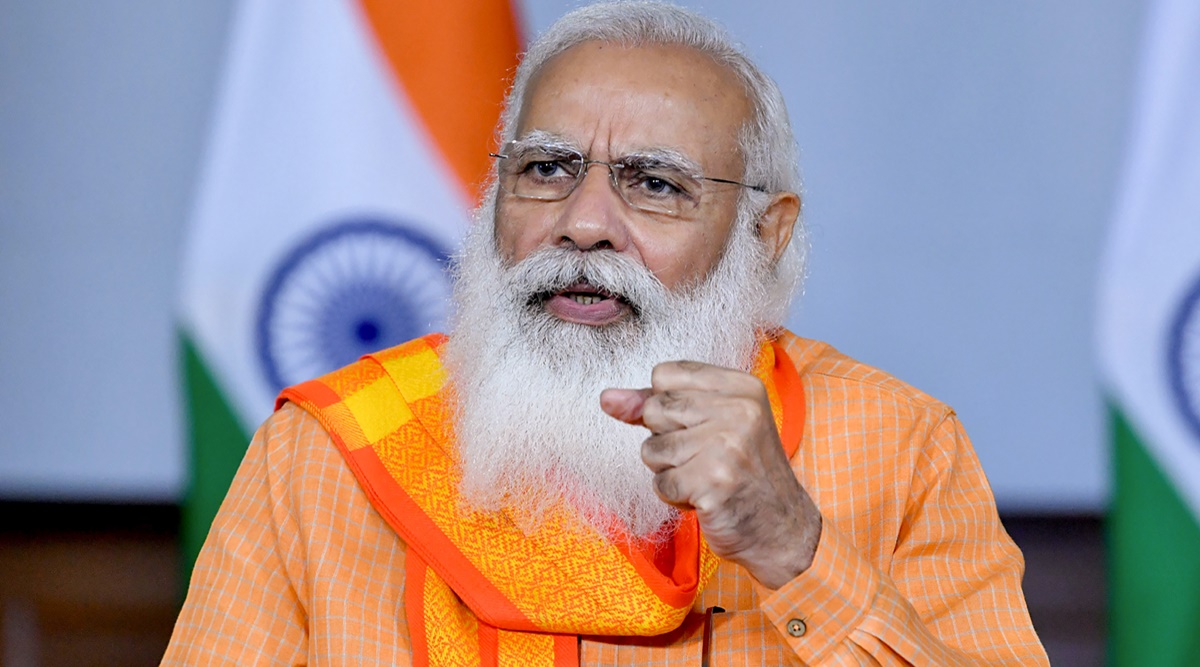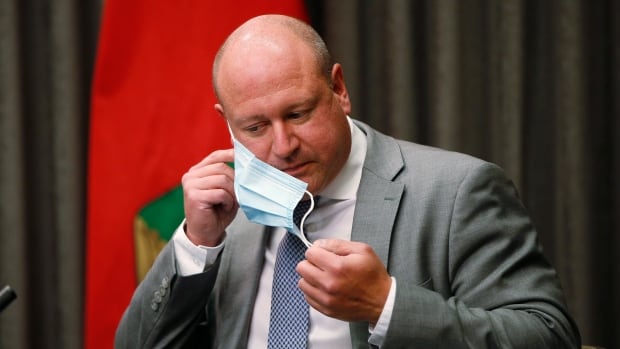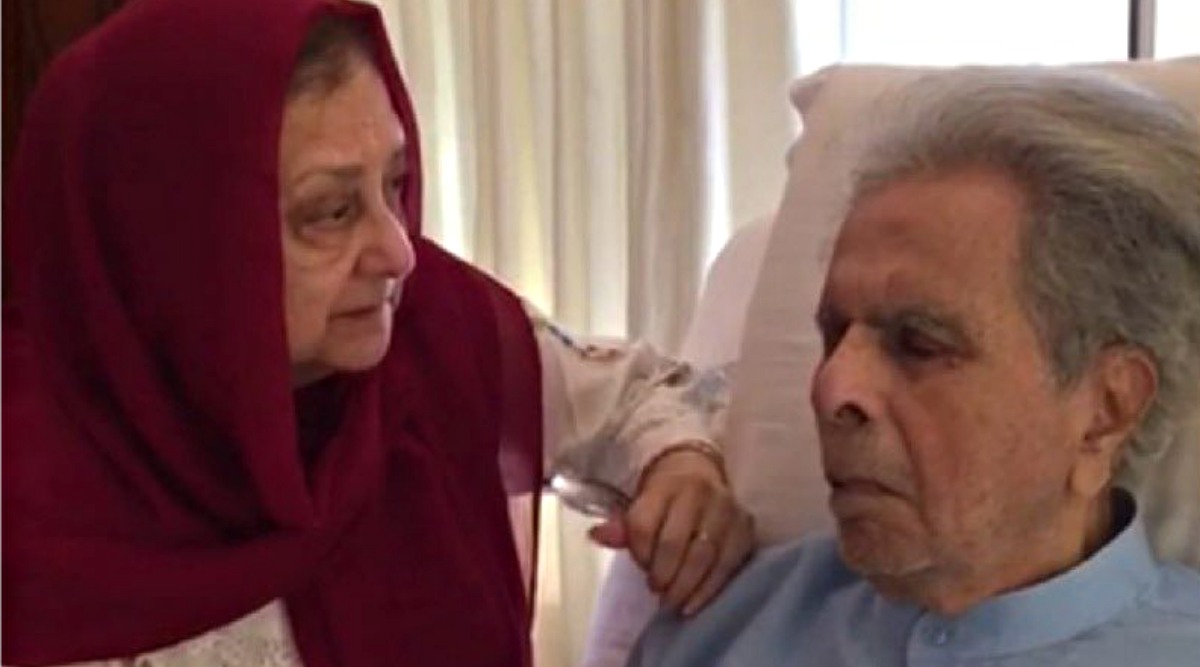
As a rule, when the courts overturn a regulation for violating the Constitution of Rights and Freedoms, federal or provincial governments both attraction it to the very prime or redraft the offending laws to make sure these rights and freedoms are revered.
Ontario’s not taking both strategy.
Premier Doug Ford is invoking the however clause in Part 33 of the Structure Act to override a trial decide’s ruling that his authorities’s invoice to limit third social gathering spending in elections is just not an inexpensive restrict on freedom of expression.
Ford recalled the legislature Thursday and introduced a plan for a marathon sitting over the weekend to push by way of laws invoking the however clause. A remaining vote is predicted Monday.
The Ontario authorities is utilizing the structure’s however clause to reintroduce an election finance regulation after it was struck down in court docket. Critics name it an abuse of energy. 2:04
Ford’s not the primary premier to attempt to invoke the however clause. He is not the first to spark a debate over whether or not it is getting used the best way its framers supposed.
Quebec has used it incessantly; Premier François Legault deployed it preemptively to move off any challenges to Invoice 96, laws supposed to defend the French language within the province.
“The structure’s ‘however’ clause exempts laws from judicial scrutiny, endangering basic freedoms assured by the Constitution,” former federal justice minister Allan Rock tweeted in response to the Quebec invoice. “Onerous to think about a case justifying its use. But it’s changing into alarmingly frequent. Time to talk out!”

Saskatchewan additionally used it — to overturn a 2017 court docket ruling on the funding of Catholic colleges. College of Saskatchewan regulation professor Dwight Newman defended then-premier Brad Wall’s choice on the time.
“The however clause was an important a part of the constitutional negotiations that led to the Constitution being adopted in 1982. With out it, some provinces have been unwilling to return on board,” he wrote within the Nationwide Put up.
“Those that argue that the however clause is someway illegitimate really bear the onus of explaining how the remainder of the Constitution could be legit with out it.”
Now it is Ford’s flip to launch one other argument over the worth and objective of permitting governments to override the courts and the essential rights assured by the constitution.
The ‘nuclear choice’
Is Part 33 a legit device that governments can use as they see match? Or is it a “nuclear choice” (as Rock has put it) that was supposed by its creators for use not often, if in any respect?
“Once you use the however clause, you are saying, ‘I am doing one thing that can not be moderately justified in a free and democratic society,'” stated Liberal pundit David Herle in a debate on this weekend’s version of CBC’s The Home.
“And you need to ask your self, why are they doing that?”
CBC Information: The Home10:50Rights however
Conservative strategist Jenni Byrne and Liberal insider David Herle debate Ontario Premier Doug Ford’s use of the however clause this week. 10:50
Jenni Byrne takes the alternative view. The previous prime aide to each Ford and Stephen Harper argued the however clause was put into the Structure to make sure public coverage could be made by legislators, not the courts.
“So I really consider that that is the fitting transfer to make,” she stated. “In truth, I am unsure what the controversy is.”
Byrne insisted the Ontario regulation is designed to restrict the affect of third events by limiting how a lot they’ll spend within the 12 months earlier than the election. That restriction would kick in with the province’s subsequent fixed-date election, set for June 2, 2022.

Ford’s critics argue he is making an attempt to muzzle unions and different teams who oppose his authorities. NDP Chief Andrea Horwath known as it a “energy seize.” Others have known as it dictatorial and undemocratic.
They level out that Ford threatened to make use of Part 33 as soon as earlier than — within the occasion the courts rejected his invoice to scale back the scale of Toronto Metropolis Council.
‘We have to restore the stigma’
For Herle, who now runs the Gandalf Group, the problem is not the elections invoice itself however the truth that Ford is simply the newest politician — and really probably not the final — to make use of the however clause to additional a slender political agenda.
“I believe in a perfect world, we might do away with Part 33,” Herle stated, acknowledging politicians’ lack of enthusiasm for participating in constitutional reform.
“However I do suppose we have to restore the stigma in opposition to utilizing it. It must grow to be one thing a authorities is embarrassed and afraid to make use of, for concern of pushback.”
Up to now, there seems to be little political danger to invoking the however clause. Not one of the federal social gathering leaders has overtly confronted Legault over Invoice 96 — within the lead-up to a doable fall federal election which might see Quebec’s 78 seats play an outsized function within the final result.
Brad Wall’s Saskatchewan Occasion did not pay a worth both. The social gathering was re-elected to a different majority authorities underneath Scott Moe in 2020.
Is Ford a neater political goal? Byrne thinks so. She advised The Home the outrage directed at his choice by the media and opposition carries some political danger.
“However the willpower you make is that your place is correct and also you wish to transfer ahead as a result of it’s the proper factor to do,” she stated.
Proper or improper, Ford leads a majority authorities and nearly actually will get his invoice by way of on Monday — however any criticism directed at him, or on the more and more frequent use of a constitutional device that many have regarded as a political weapon of final resort.








